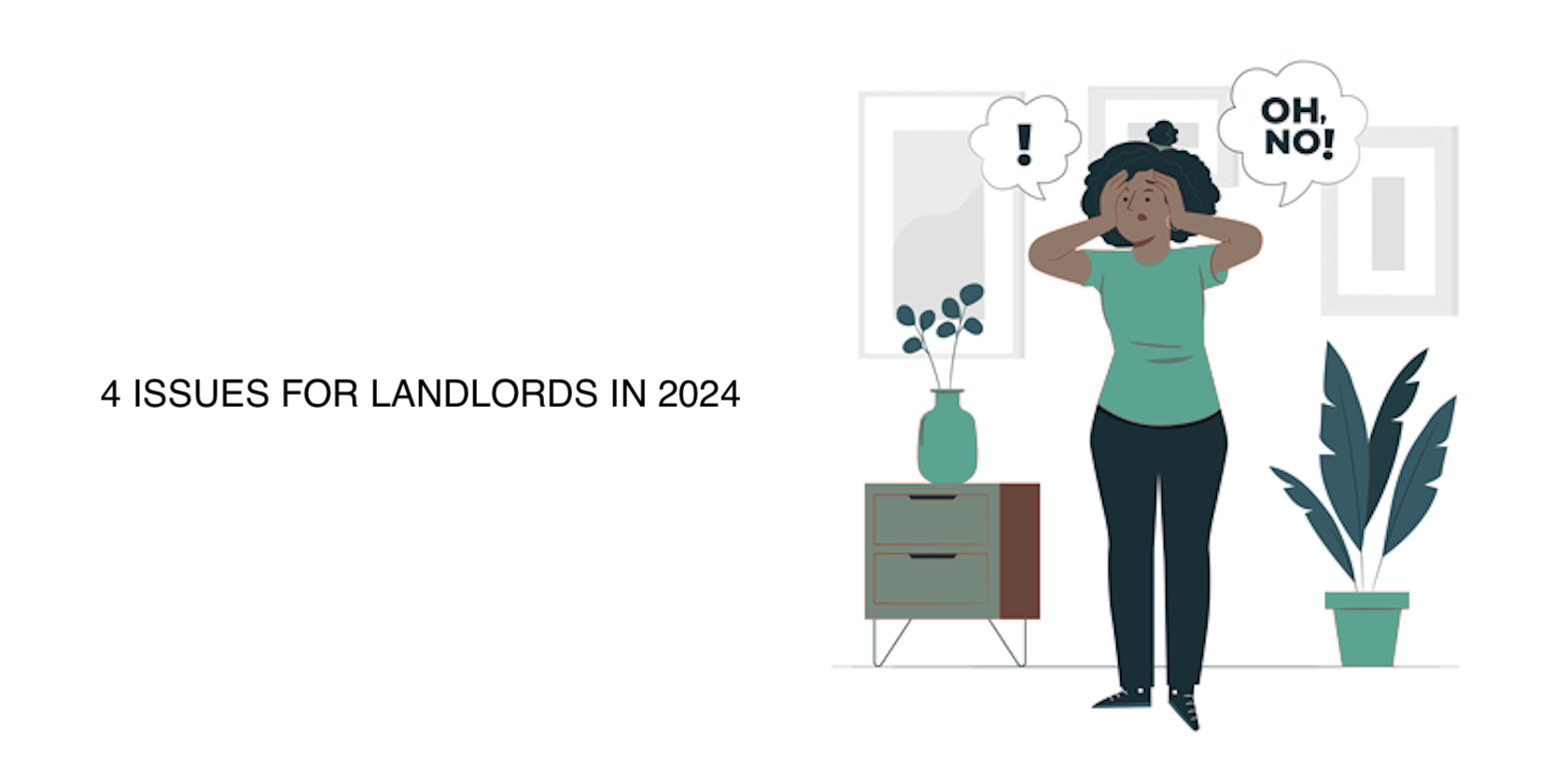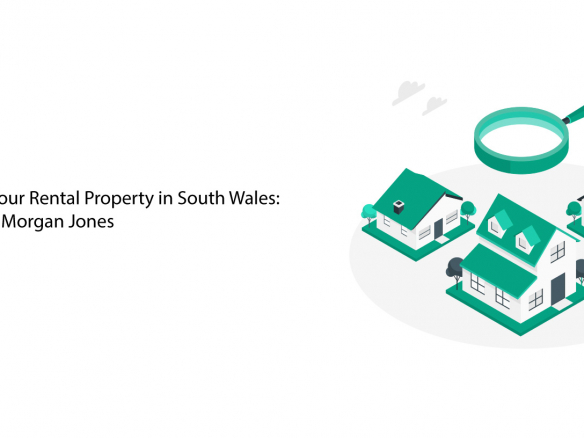The property market has continued to evolve rapidly since the aftermath of COVID-19, and 2024 presents new challenges and opportunities for landlords. Here are four key areas of focus for landlords in this dynamic market:
Investment Decisions: Buy or Sell?
The market dynamics have shifted since the pandemic. While some landlords consider selling due to regulatory changes and evolving market conditions, the rental demand remains robust. With the increasing trend towards sustainable living, properties with high energy efficiency ratings are becoming more attractive investments.
Energy Efficiency Regulations:
Landlords must proactively upgrade their properties as we approach the 2025 threshold for EPC ratings to be at least C. This is a regulatory requirement and an opportunity to enhance property value and appeal to environmentally conscious tenants.
Enhanced Safety Standards:
Safety regulations have become more stringent. Compliance with the Renting Homes (Wales) Act 2016 is now a norm in Wales, with mandatory interlinked smoke alarms and carbon monoxide detectors. Ensuring these safety measures are up-to-date is crucial for landlords.
Eviction Protocols:
The eviction process has seen significant changes with the implementation of the Renting Homes (Wales) Act. The extended notice periods and more stringent requirements highlight the need for landlords to be more mindful of tenancy management.
Expert Guidance for Landlords:
Partner with Morgan Jones for tailored advice and insights into the 2024 property market.
Our expertise can help you navigate these changes and make informed decisions about your property investments.
Contact Morgan Jones today for comprehensive support in managing your property portfolio.








Join The Discussion